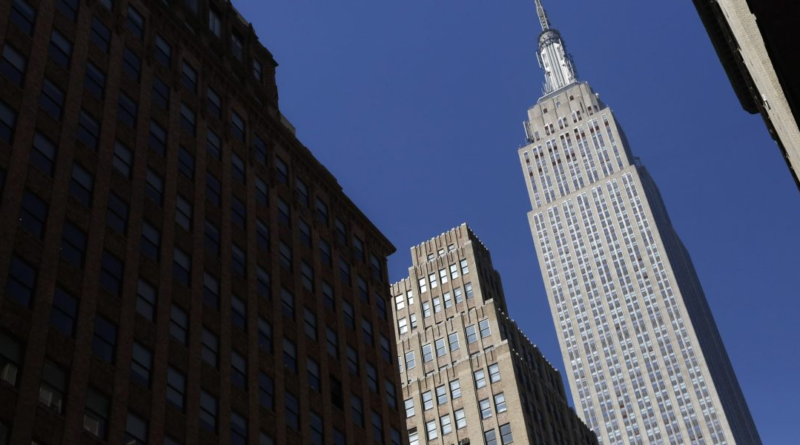‘The earthquake that we design for is one that’s unlikely to happen’: Empire State Building engineer explains why skyscrapers are built to last
The ground rumbled Friday beneath New York City, home to famous skyscrapers like the Empire State Building and One World Trade Center. Though buildings that can reach above 100 stories might seem especially vulnerable to earthquakes, engineering experts say skyscrapers are built with enough flexibility to withstand moderate shaking.
The 4.8 magnitude quake on Friday morning was centered about 45 miles (72 kilometers) west of the city in New Jersey. Aftershocks continued, with a 2.5 magnitude quake on Saturday morning. But no major damage had been reported to the city’s mass transit system or its 1.1 million buildings.
Operators of the iconic 103-floor Empire State Building posted “I AM FINE” on Friday on the building’s X account.
New York’s skyscrapers have been generally built to withstand winds and other impacts far greater than the earthquakes generally seen on the East Coast, said Elisabeth Malch, a managing principal at Thornton Tomasetti, a New York engineering firm that’s done major work on the Empire State Building, Chrysler Building and the Brooklyn Bridge, among other major city landmarks.
“The earthquake that we design for is one that’s unlikely to happen. It’s a thousand-year event,” she explained. “So we don’t expect it to happen more than once in a thousand years.”
Skyscrapers, by design, are less susceptible to the ground-shaking action of earthquakes than shorter structures because they’re made to sway ever so slowly and slightly to protect themselves against powerful, hurricane force winds, Malch said.
“Taller buildings just are more flexible because they’re designed for the push and pull from the wind, which has a bigger effect on tall buildings than the push and pull of an earthquake does,” she explained. “So regardless of when it was designed, the wind continually tests them. It’s a double check that they’re strong enough and flexible enough to handle earthquakes.”
Even the oldest skyscrapers are, by necessity, made of high strength concrete and steel to withstand the gravitational load on the massive structures, added Ahmad Rahimian, an executive vice president at the engineering firm WSP Global who was involved in the construction of One World Trade Center, this hemisphere’s tallest building, and The Shard in London, which is Europe’s tallest building.
“High rise buildings can be one of the safest places you can be in an earthquake,” he said.
More modern high rises also have dampers located on their roofs that can balance the sway and help absorb any shock from extreme events, added Borys Hayda, a managing principal at DeSimone Consulting Engineering, a New York firm that’s been involved in renovating some of Manhattan’s major hotels, theaters and other landmark buildings.
“Even though there is only a small possibility for earthquakes here in New York, we as engineers have to design for all types of potential risk,” he said.
__
Associated Press writer Michael Hill contributed.




